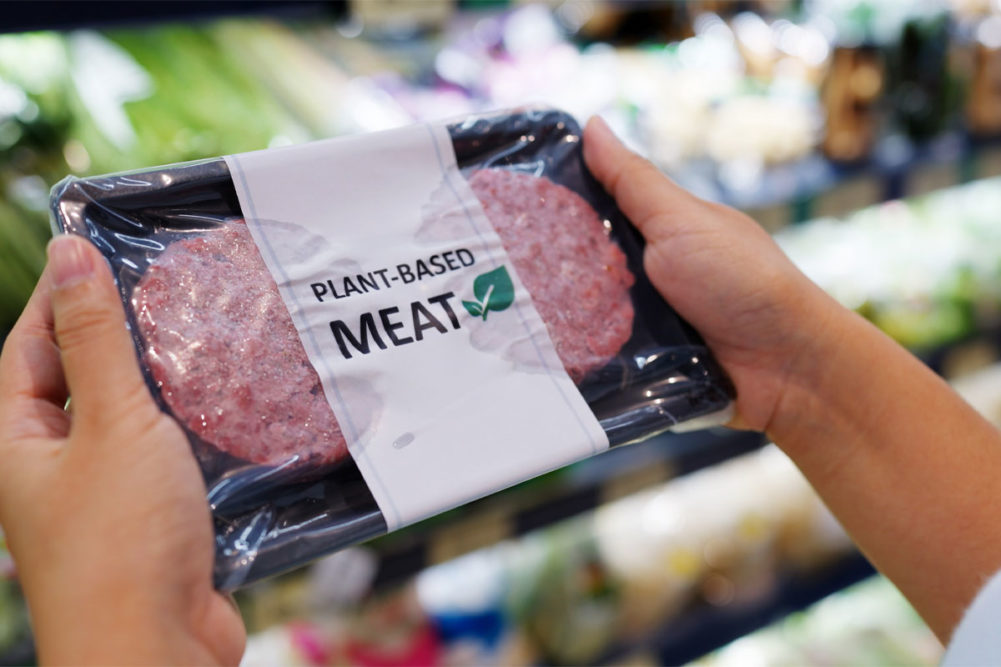NEW ORLEANS – In a 3-0 decision the US Court of Appeals for the 5th Circuit reversed a lower court ruling that barred the state of Louisiana from enforcing a labeling law that restricts the language used by plant-based protein makers to promote their products.
Tofurky filed a civil lawsuit challenging the law in October of 2020, with Michael Strain, Louisiana Forestry and Agriculture Commissioner defending the state’s Truth in Labeling of Food Products Act, which was signed into law on June 11, 2019, with an effective date of Oct. 1, 2020. The law names a variety of food products encompassed by the legislation and prohibits, among other activities:
Representing a food product as meat or a meat product when the food product is not derived from a harvested beef, pork, poultry, alligator, farm-raised deer, turtle, domestic rabbit, crawfish, or shrimp carcass.
- Representing a food product as rice when the food product is not rice.
- Representing a food product as beef or a beef product when the food product is not derived from a domesticated bovine.
- Representing a food product as pork or a pork product when the food product is not derived from domesticated swine.
- Representing a food product as poultry when the food product is not derived from domesticated birds.
Tofurky sued, arguing that the plain meaning of the law’s text extended beyond misleading speech to encompass the company’s “non-misleading labelling.” The company claimed it could be held liable for making a plant-based product and labeling it in a way that conveys it is a plant-based product, but inadvertently confuses consumers.
The appeals court disagreed, ruling that “… statements that are only potentially misleading are safeguarded by the First Amendment and restrictions on such speech must survive intermediate scrutiny.”
“Nothing in the statute’s language requires the State to enforce its punitive provisions on a company that sells its products in a way that just so happens to confuse a consumer,” the court said in its ruling. “The State’s construction limits the Act’s scope to representations by companies that actually intend consumers to be misled about whether a product is an ‘agricultural product’ when it is not.”
The ruling reverses a previous decision by Judge Brian Jackson of the US District Court for the Middle District of Louisiana, who found that the Truth in Labeling of Food Products Act “impermissibly restricts commercial speech because the speech at issue is not misleading, and while the governmental interest is likely substantial, the Act is more extensive than necessary to further the government’s interest.”
Jackson said the state bears the burden of justifying its prohibitions on commercial speech, and “has failed to address why alternative, less-restrictive means, such as a disclaimer, would not accomplish its goal of preventing consumer confusion.”


